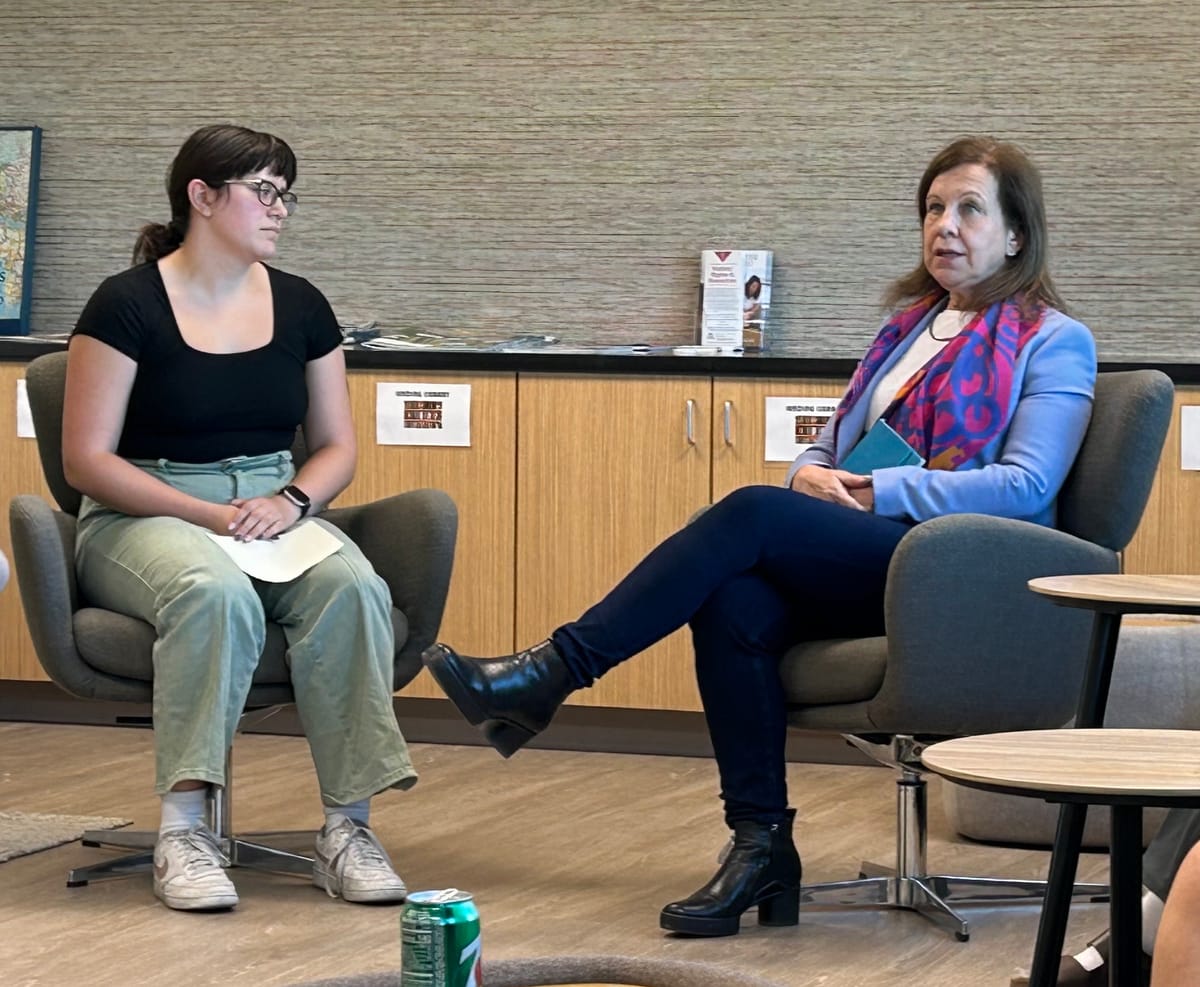BBC journalist Lyse Doucet shares tips with student journalists
Lyse Doucet, the British Broadcast Corporation’s chief international correspondent, was honored for her work Friday night at the school of journalism’s Zenger Award for Press Freedom banquet.




